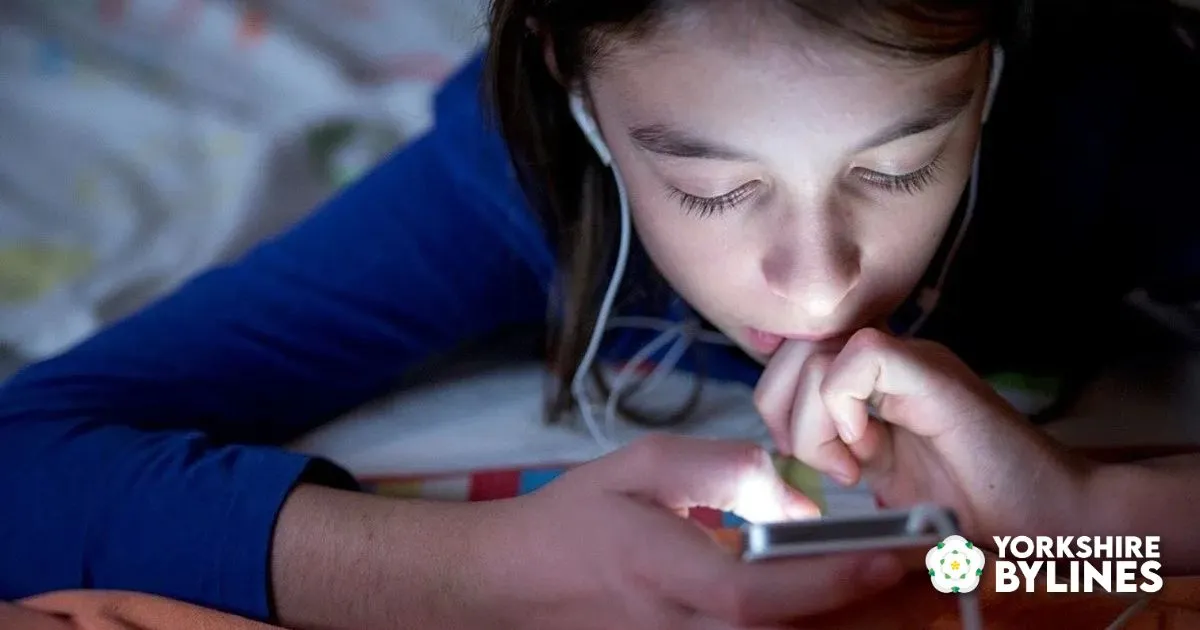Childhood disrupted: is the internet damaging young people’s development?
Childhood disrupted: is the internet damaging young people’s development?

Was the internet an unwitting accessory to the murder of Brianna Ghey? A developmental psychologist reflects
